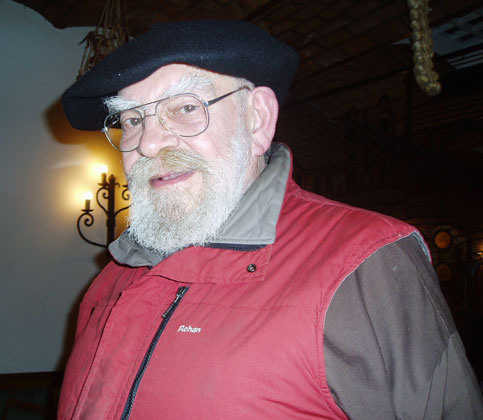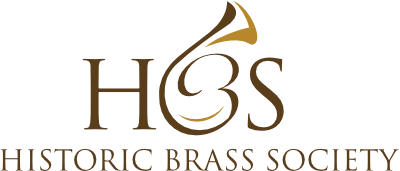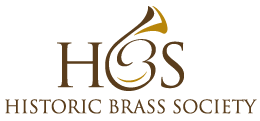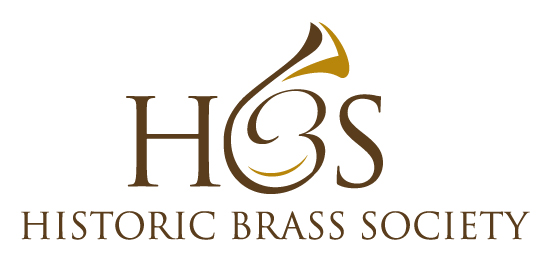 Jeremy Peter Samuel Montagu (1927-2020), one of the foremost authorities on musical instruments of our time, has died peacefully surrounded by family following a short period of illness. Like the extensive collection of musical instruments and the library that he amassed in his Oxford home, Montagu’s multifaceted career as a scholar, author, musician, and curator was notable for its global purview and interdisciplinary breadth.
Jeremy Peter Samuel Montagu (1927-2020), one of the foremost authorities on musical instruments of our time, has died peacefully surrounded by family following a short period of illness. Like the extensive collection of musical instruments and the library that he amassed in his Oxford home, Montagu’s multifaceted career as a scholar, author, musician, and curator was notable for its global purview and interdisciplinary breadth.
The perspective gained through these interwoven experiences is a hallmark of the numerous books and articles that Montagu published and won him the hard-earned status of being an expert generalist in the field of organology. This rare attribute, the mark of a consummate curator, equipped him admirably to serve on the senior editorial board of the Grove Dictionary of Musical Instruments, where he was section editor with responsibility for ethnographic entries, and to work with CIMCIM on the classification thesaurus that powers the MIMO (Musical Instrument Museums Online) collections database. Of his many publications, those of particular note to the brass community include the books The Conch Horn (2018), The Shofar (2015), Horns and Trumpets of the World (2014), and The French Horn (1990). In 2016, Montagu was given the Cristopher Monk by the Historic Brass Society in recognition for his significant and life-long contributions to the field of brass history. This was one of several awards from musical instrument societies that Montagu garnered during the course of his career.
Brass instruments were central to Montagu’s life. His musical journey began as a schoolboy first with the baritone and then with the french horn, which he later studied at the Guildhall School of Music in London. Curious about the instrument for which Mozart and Beethoven wrote, he acquired his first natural horn in 1951. Pioneering work as a period percussion player and his increasing activities as a collector brought him into contact with many leading brass players of the 20th century (see An Interview with Jeremy Montagu in the Historic Brass Society Newsletter, Summer 2002). Some, like Reginald Morley-Pegge who began his career playing hand horn, were a direct link to the instruments and techniques being studied by the burgeoning historical performance movement. Others, like trumpeters Eric Halfpenny and David Ryecroft, with whom Montagu played timpani, were at the vanguard of the movement. All informed Montagu’s writings and approach to brass instruments. One of his more remarkable brass performances, which he chronicled in his Horns and Trumpets of the World (p. 32) was with Christopher Monk and Allen Lumsden, who played conches, serpents, didgeridoos and alphorns in Jerry Goldsmith’s soundtrack for the 1979 sci-fi film Alien. As a devout Jew and as shofar blower at the West Central Synagogue in London, brass playing also underpinned Montagu’s spiritual life.
This rich experience was brought to bear in Montagu’s tenure as curator of the Bate Collection of Musical Instruments and lecturer in the Faculty of Music of the University of Oxford from 1981 to 1995. Here, he introduced a generation of players and scholars to the world of historical performance by allowing them to learn through playing instruments in the collection while at the same time encouraging them to think about using this resource in a thoughtful and responsible manner. Many will also remember Montagu extending a warm welcome to visit his home to view his personal collection of some 2,500 instruments and partaking of the genuine camaraderie, lively discourse, and boundless energy through which Montagu has shaped and inspired a living legacy of scholars, musicians and collectors.
Bradley Strauchen-Scherer



